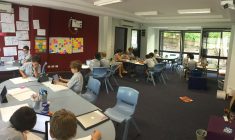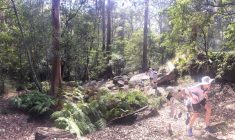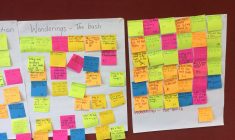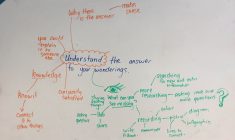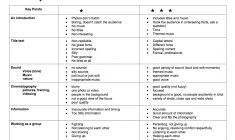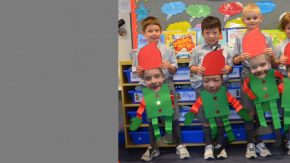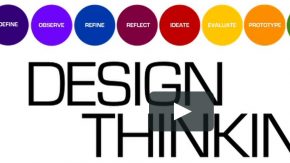Stage 2
Joining the Dots of Our Literacy Learning
Year Three have been busy this year with their literacy learning. We have written every type of text, learnt to capture an audience’s imagination, defined what makes a word great, rehearsed and reflected on how we use voice to engage an audience and express meaning, studied pixar characters, developed our personal voice and gathered information from many sources. Three literacy books have been filled with “the dots” of our learning, but what picture have they created? How can their learning come together in one place?
As the year draws to a close there is nothing more rewarding than seeing each boy’s individual literacy dots join together to form a picture. To facilitate this, year three have been engaging in Project Based Learning literacy assignments. This is a teaching method in which students gain knowledge and refine their skills by working for an extended period of time to investigate and respond to an authentic, engaging challenge. Our final challenge is creating a Bush Documentary.
What are the essential elements of a Project Based Learning Assignment?
Key Knowledge, Understanding, and Success Skills – The bush documentary project is focused on student learning goals (analysing research and building knowledge, engaging an audience through writing, visuals and sound), and PYP skills such as critical thinking/problem solving, communication, collaboration, and self-management.
Challenging Problem – The project is framed by a meaningful problem to solve or a question to answer, we found through our UOI research into ecosystems that there was a gap in their research about the australian bush.
Sustained Inquiry – Students engage in a rigorous, extended process of asking questions, finding resources, and applying information. We have studied David Attenborough documentaries, explored the bush, asked questions and discovered answers in our research.
Authenticity – The project features the real-world context of our local bush and engages the boys meaningfully with technology as they learn to film, record and edit a documentary using their iPads.
Student Voice & Choice – Students make decisions about their project, including how they work, who they work with, which aspects of the bush they are interested in to research and the final documentary they create.
Reflection – Together we reflect on our learning, the effectiveness of their inquiry and project development, the quality of their work and also the obstacles they encounter and how to overcome them.
Critique & Revision – Students give, receive, and use feedback to improve their process and success. To start this project the whole class worked together to create a success rubric that is to guide the development of and final success of their documentaries.
Public Product – We have an authentic audience for our documentaries, they will be shared with the boys’ families on Seesaw. This is an important step of project based learning assignments as the boys can see a genuine purpose for their work, in this instance to educate others outside of our classroom. Bringing families into their learning empowers the boys to recognise that age is no limitation to their ability to take action.



